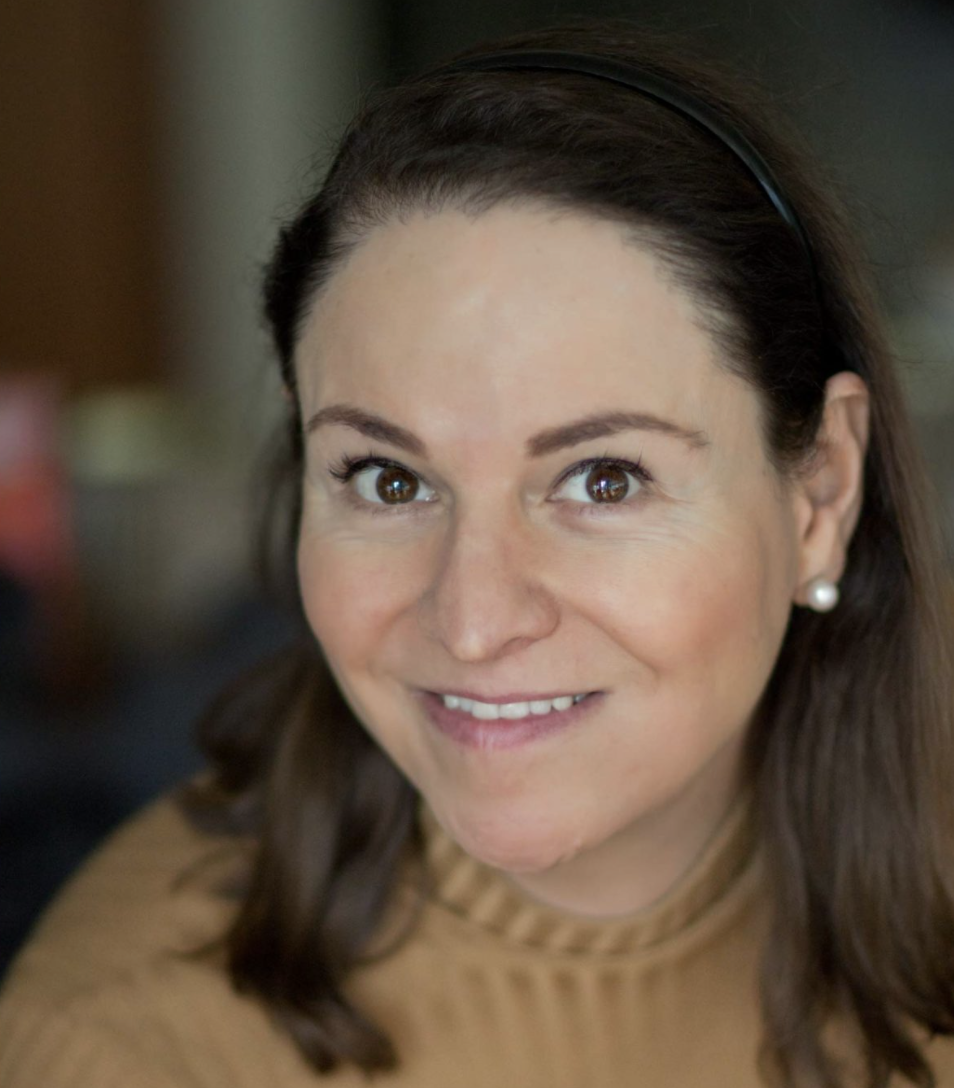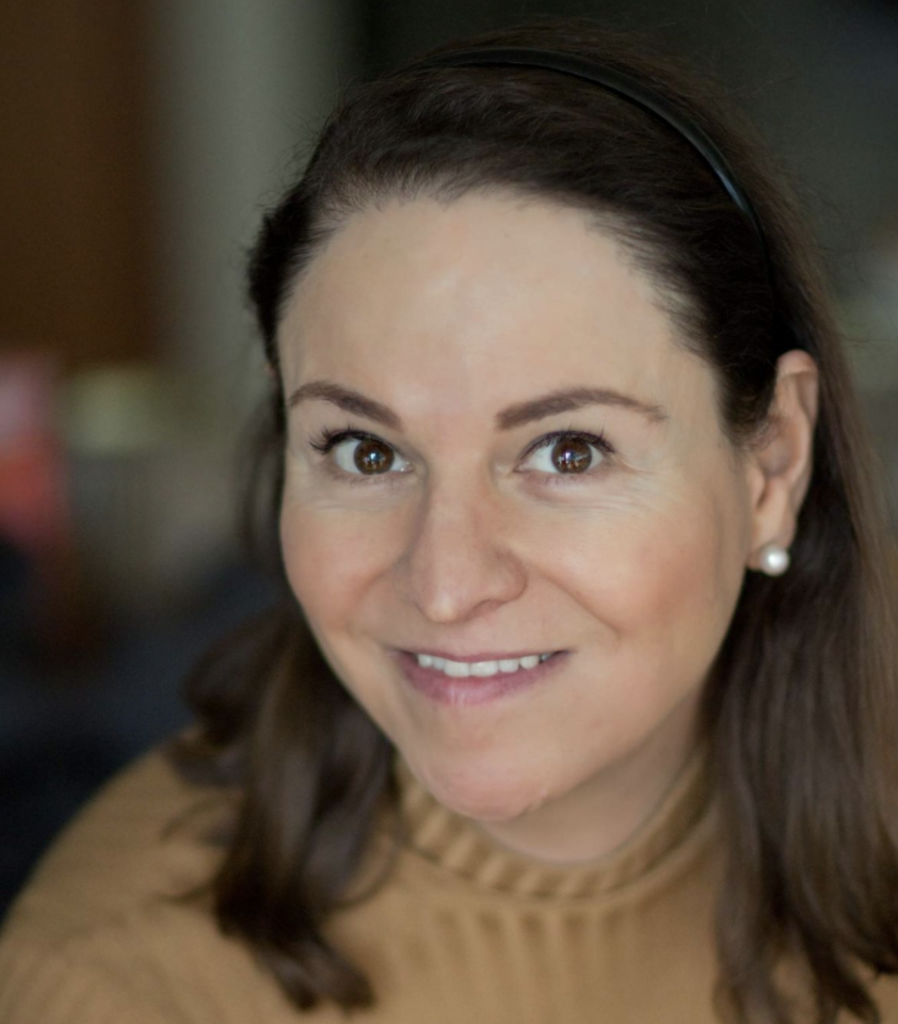Researching FFS, the Internet is your Best Friend

As I was planning this article I realized how complex the topic of online research can be. My objective with this article is to share a little bit of my thought process and some of the things I did while researching for my surgeries.
In this article I’ll dive into how I used the internet for my FFS Surgery some years ago, helping me to find the right FFS surgeon to perform my facial feminization surgery.
My Feminization Surgeries
To give you some context I’ve had 3 separate surgeries. The first one was Facial Feminization Surgery (FFS) in October of 2016, a hair transplant (HT) in January of 2017 and breast augmentation (BA) with other procedures done at the same time in November of 2017. Here I only consider 2 research cycles, one concurrent for FFS and HT, and another for BA and the other procedures.
I make the distinction of the 2 separate research cycles because of their different characteristics. For example, a huge difference is that during the FFS/HT research cycle I didn’t have a Facebook account but I opened one before I started my research for the BA. This alone gave me access to some Facebook groups that I just didn’t have during my FFS/HT research. Another difference is that during the second research cycle I already had the research experience from the first cycle plus the actual surgery experiences from FFS and HT.
My approach to FFS Surgery research
In both online research cycles, one of my objectives was to learn about the different procedures, their variations and alternatives to later make a decision. I didn’t expect, just by researching online, to make a final decision on the procedures I would get. Rather it was a way to inform and prepare myself for later discussing my surgical options with the surgeons.
Similarly, when using the internet for surgery research, my objectives were never to find the best surgeon for me online. I mainly wanted to create a short list of surgeon candidates based on my top 3 criteria for surgery. Personally, I would not decide on a surgeon solely on my internet research nor without speaking with them at the very least over a video conference, for example over Skype or FaceTime. Everything I did online was to gather information to decide if I would contact the surgeons’ offices or not.
A peculiarity of my approach or rather my personality, is that I often do not like to interact online too much with others. For example, rather than engaging in chats with other people for the purposes of evaluating a surgeon, I rather read what others had already discussed and then formed my own opinion. I believe that by not engaging with too many people online for research, my approach would divert from that of people that are more active online. In other words, my online research was mostly passive.
I tend to be cynical when it comes to anything online. I try to read in between the lines and often I’m sceptical of what I’m reading/seeing/hearing. I’m somewhat of an analytical person and I like to challenge myself to look beyond the glare of a patient’s review, a surgeon’s comment, a patient’s testimonial, conversation about past patient experiences or a surgeons’ glossy website.
What did I look for? Putting the puzzle together
At the beginning of my research and without knowing it, I was looking for my top 3 criteria for surgery: results, my peace of mind and cost. The whole research process in both surgery cycles was like putting a jigsaw puzzle together. For the first cycle, when researching for FFS and HT, it was more like doing a 10.000 piece puzzle without having a photo of what it should look like. When I did my online research for the BA it was a bit easier because during my prior FFS/HT research I came across a number of online resources that touched on BA. In other words, I had already gathered information that unknowingly would later be useful for later surgery research.
Continuing with the puzzle metaphor, at one point it was similar to when you just find the pieces that formed the outer edge. Yet in order to figure out how the centre pieces fitted together, I had to speak to surgeons directly. As I said above, my objectives were not to find the best surgeon for me nor decide on the details of procedures– I needed to create a short list of possible surgeons and learn more about the procedures. So in my puzzle analogy, the outer pieces of the puzzle were the shortlist, and then deciding who to go with was the center part of the puzzle.
During both my surgery research cycles, a big part of putting that puzzle together was to learn about the different recovery processes. When using the internet, or for that matter at any time during my research cycles, learning about what to expect from the aftercare period was a constant undertone.
Stay tuned for the next three posts in this chapter on taking advantage of the internet for your FFS Surgery research. Next up, I’ll delve into how I made use of the different surgeon’s websites. Thanks for reading!

